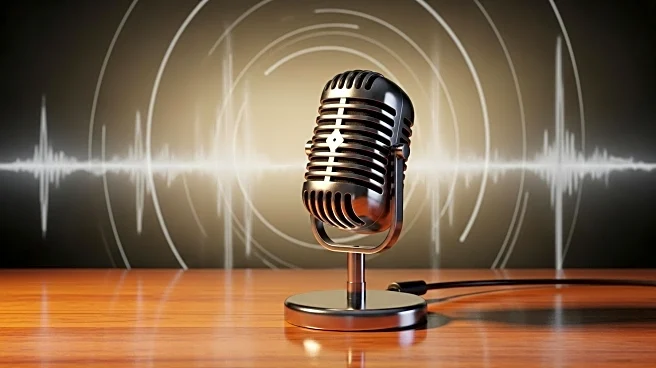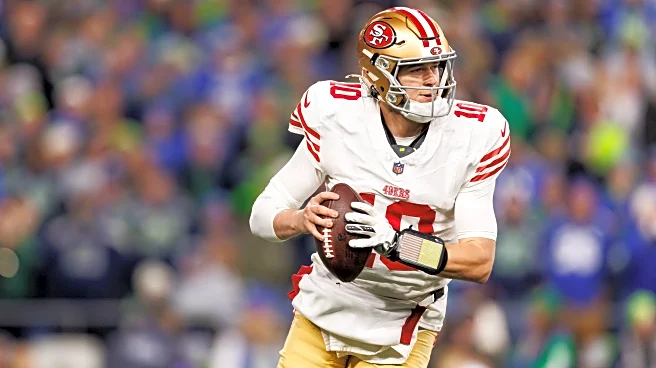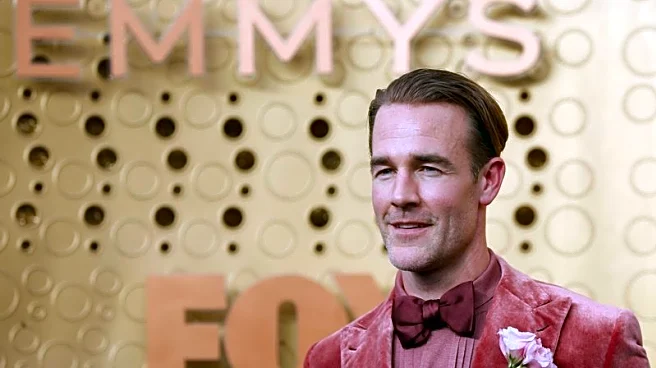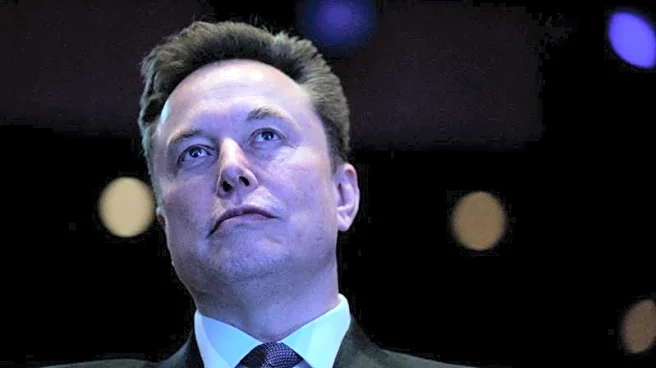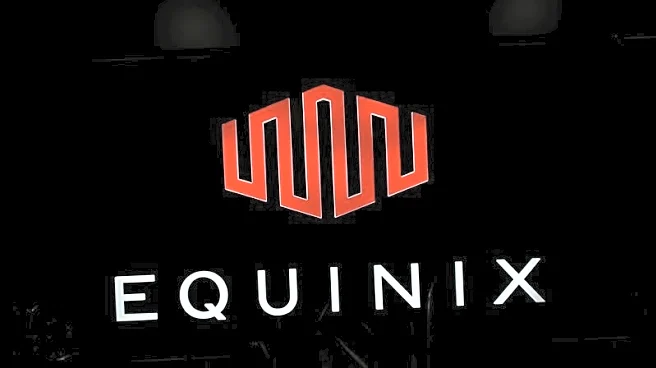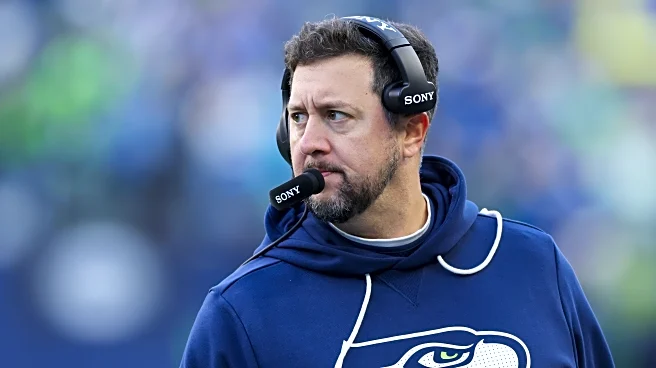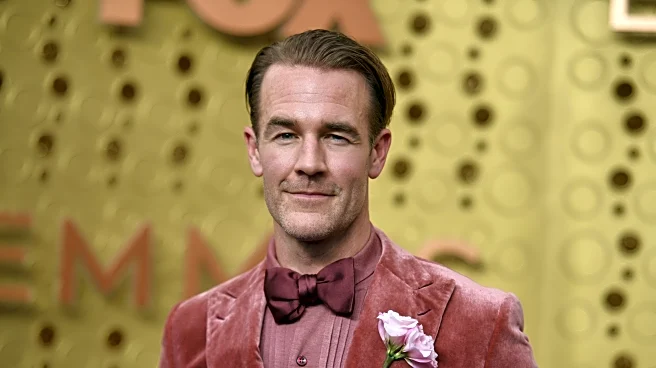What's Happening?
NPR's Morning Edition host Steve Inskeep conducted an interview with Peter Navarro, a former adviser to President Trump, which included a friendly exchange that some listeners found inappropriate. Navarro, who has recently published a book about his imprisonment for refusing to testify before Congress regarding the January 6 Capitol attack, engaged in a brief, informal conversation with Inskeep, referring to him as 'brother.' This exchange was included in the edited version of the interview aired on NPR, leading to listener complaints about the perceived coziness between the host and the guest. NPR's decision to retain the exchange was defended by the executive producer and VP of programming, who argued that transparency was in the audience's interest.
Why It's Important?
The incident highlights the delicate balance media organizations must maintain between professionalism and transparency. NPR's choice to include the informal exchange raises questions about journalistic integrity and the perception of bias, especially when interviewing politically charged figures like Navarro. The backlash underscores the public's expectation for media outlets to maintain objectivity and avoid any semblance of favoritism, particularly in politically sensitive contexts. This situation also reflects broader challenges in media ethics, where the line between friendly rapport and professional distance can impact public trust.
What's Next?
NPR may need to reassess its editorial policies regarding the inclusion of informal exchanges in interviews, especially those involving political figures. The network might consider implementing stricter guidelines to ensure that interviews maintain a professional tone, thereby avoiding potential perceptions of bias. Additionally, NPR could engage with its audience to better understand their expectations and concerns, potentially leading to adjustments in how interviews are conducted and edited for broadcast.
Beyond the Headlines
The incident also sheds light on the evolving nature of media consumption, with NPR experimenting with longer interviews on platforms like YouTube to reach wider audiences. This strategy reflects a shift towards more in-depth content that can engage viewers beyond traditional broadcast formats. However, it also presents challenges in maintaining journalistic standards across different media, as the dynamics of video interviews can differ significantly from radio broadcasts.
